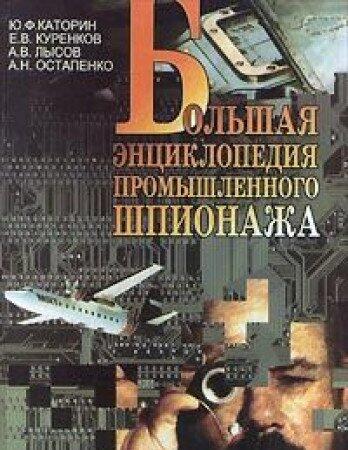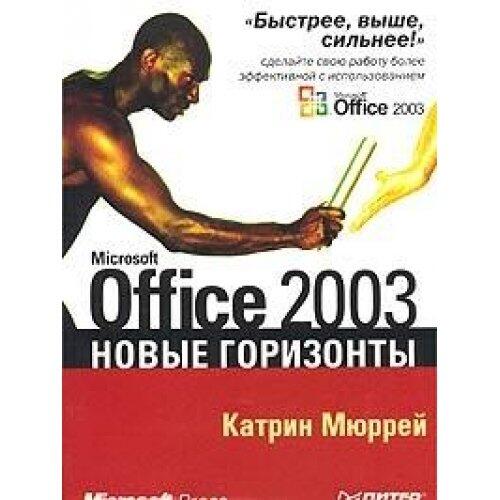![Kommunikativnye tekhnologii v obrazovanii, biznese, politike i prave. [Communications Technology in Education, Business, Politics and Law]](https://images.bookpine.com/f20e9b0d-8f29-43c2-a305-652b1f92bfa8.jpg)
Kommunikativnye tekhnologii v obrazovanii, biznese, politike i prave. [Communications Technology in Education, Business, Politics and Law]
によって
Mezhdunarodnai͡a Nauchno-prakticheskai͡a Konferent͡sii͡a Kommunikativnye Tekhnologii V Obrazovanii, Biznese, Politike I Prave (2007 : Volgograd, Russia)
まだ評価がありません
Business & Economics
形式
ペーパーバック
ページ数
240
言語
ロシア語
公開されました
Jan 1, 2005
出版社
Printerra ПринТерра,
ISBN-10
5984240084
ISBN-13
9785984240086
説明
This publication emerges from a significant international scientific and practical conference held in Volgograd, Russia, highlighting the evolving role of communicative technologies across various sectors. It dives deeply into how these technologies are reshaping education, enhancing business practices, influencing political strategies, and reforming legal frameworks. As the world increasingly leans on digital methods for communication, the book serves as a pivotal resource for understanding these transformations.
Featuring contributions from a range of experts, the volume presents a blend of theoretical insights and practical applications, delineating the spectrum of communicative technologies and their implications in modern contexts. By examining case studies and theoretical discussions, readers gain perspective on effective communication practices that can be adapted to their respective fields.
The work not only encompasses a variety of viewpoints but also includes references that provide further reading for those interested in a deeper exploration of the topics discussed. It aims to foster dialogue and stimulate thought in a rapidly evolving technological landscape, making it an invaluable resource for academics, practitioners, and policymakers alike.
Featuring contributions from a range of experts, the volume presents a blend of theoretical insights and practical applications, delineating the spectrum of communicative technologies and their implications in modern contexts. By examining case studies and theoretical discussions, readers gain perspective on effective communication practices that can be adapted to their respective fields.
The work not only encompasses a variety of viewpoints but also includes references that provide further reading for those interested in a deeper exploration of the topics discussed. It aims to foster dialogue and stimulate thought in a rapidly evolving technological landscape, making it an invaluable resource for academics, practitioners, and policymakers alike.



















